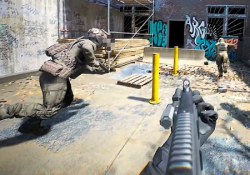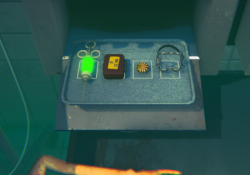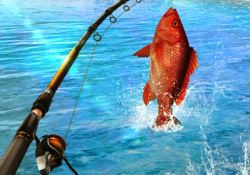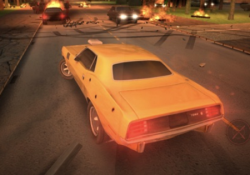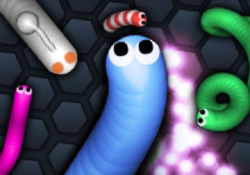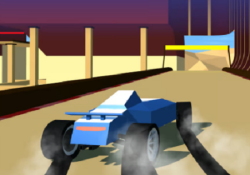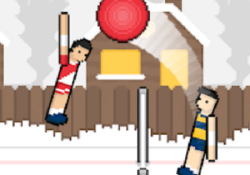Mouthwashing places players aboard a crippled cargo ship adrift in deep space. The incident that damaged the vessel is never fully explained, but its effects are obvious. Most systems are failing, resources are nearly gone, and the chain of command has collapsed. You witness the aftermath from the perspective of a crewmember watching what remains of order break apart. Central to the story is Captain Curly, once in control but now reduced to a living symbol of failure — limbless, speechless, and completely dependent on the crew he once led to ruin. The game does not ask you to fix anything; it asks what you’ll do with what’s left.
A Slow Descent Through Isolation
The crew aboard the ship is small, and each character begins to show signs of psychological strain. Hunger, paranoia, and mistrust replace any form of camaraderie. In Mouthwashing, your main interaction comes through observation, small environmental choices, and the dynamics between crewmembers who are no longer acting like a team. Dialogue is rare, and when it happens, it carries weight. Your role is ambiguous — not a leader, not a healer, just a witness to a decaying human structure under extreme pressure. The corridors become tighter, the rooms more claustrophobic, not because they shrink, but because the options within them do.
Core elements in Mouthwashing:
- A non-combat first-person experience focused on psychological breakdown
- Dialogue-free storytelling where gestures and actions carry the message
- Time-limited systems with inevitable collapse
- Dynamic relationships between crewmembers based on past decisions
- Shifting environments that reflect mental deterioration
- A central figure—Captain Curly—who cannot move or speak but still influences everything
Watching Time Run Out
There is no hope of rescue. The ship’s systems will function for a few more months, but the food won’t last nearly as long. Every action taken by the crew is colored by that knowledge. Survival becomes a relative concept: staying alive is possible, but at what cost? Mouthwashing asks players to make decisions that are never framed as right or wrong. The crew debates, hides things, lashes out. You might try to help someone — or simply observe what happens if you don’t. As the game moves forward, hallucinations and unreliable perceptions begin to change how you see the world around you.
No End, Only Outcome
Mouthwashing does not provide victory. Each ending depends on who survives, how they changed, and what was lost in the process. Sometimes there’s a body count; sometimes it’s emotional damage that leaves the deeper mark. The story never offers full clarity on what happened before the crash, but what unfolds afterward becomes deeply personal. Players are left not with resolution, but with fragments — of people, places, and moments that didn’t hold together. In the end, the only truth is the one you decide to believe.





















